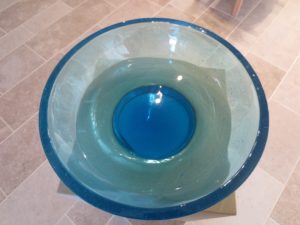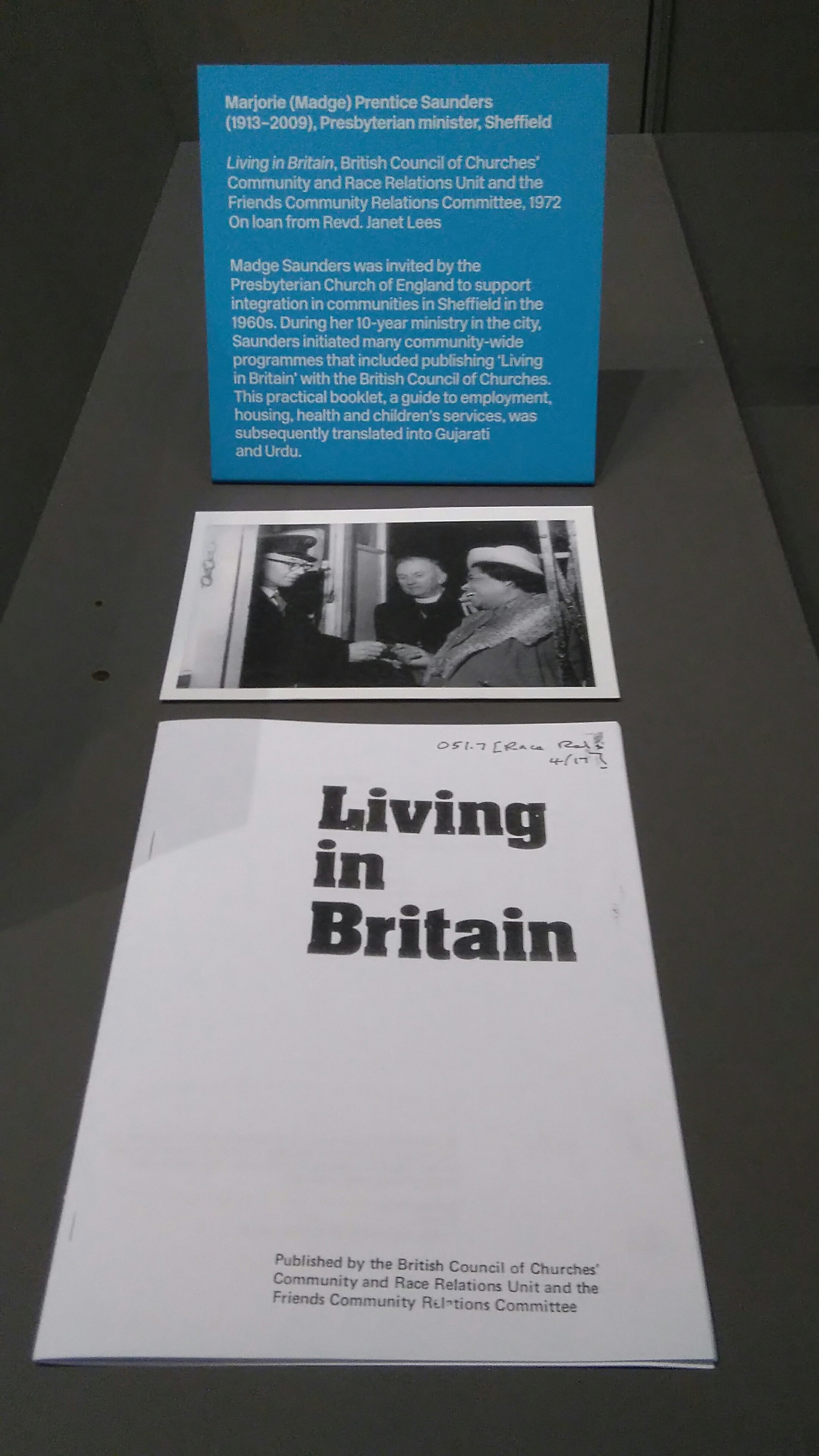The date is 684AD. Someone has to convince Cuthbert to return to Lindisfarne as Bishop. That task falls to Elfreda, Abbess of Whitby.
The tide was still falling, a breeze was skimming in from the sea and the Cuddy Ducks, the males in their distinctive black and white plumage, were bobbing along the channel carved by the River Coquet as it met the sea.
Having agreed to meet here, for sometime they said nothing. The grey sea and sky merged somewhere in the distance and they stood together admiring the gentle harmony.
As they did so a dog otter, sleek and brown, emerged from the surf below them and seeing the Saints came up to salute them, sniffing the air as he got nearer. Then winding his slim body between their legs, made off back to the rocks.
Elfreda let out her breath. Cuthbert turned and smiled. ‘Do you have a speech prepared to convince me to come back to the mainland and assume the office of Bishop’, he enquired.
‘No I don’t’, she said. ‘There’s nothing I could say would make the role more attractive than the Hermitage of the Farne Islands that you know and love so well, where the birds return in their season to raise their young, where you can praise the Creator of All every day without ceasing, the sea and sky your cathedral, where wild creatures seek you out for your company not your wisdom. No human being could ask you to leave that for the trivial problems we have here’.
The wind makes eyes water and theirs were no exception. ‘Come then’, he said. ‘You are coming back with me to be Bishop’? She queried. ‘Well I’m here am I not?’ He said. ‘And you are right, only God could call me from there to here, a migration for a season’.
Janet Lees, Amble, 16.07.2018
Elfreda of Whitby and Cuthbert met on Coquet Island near Amble in 684 AD.

